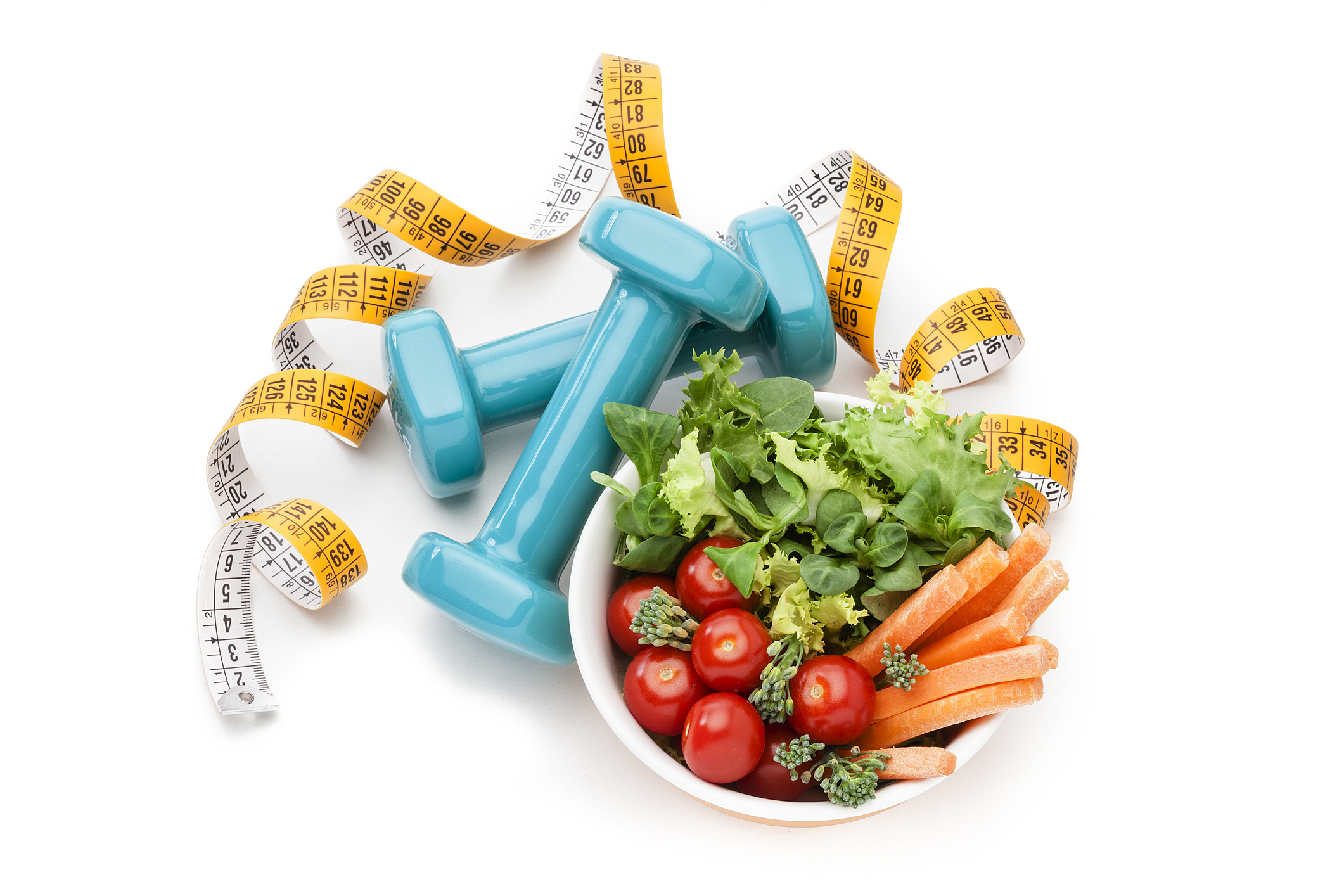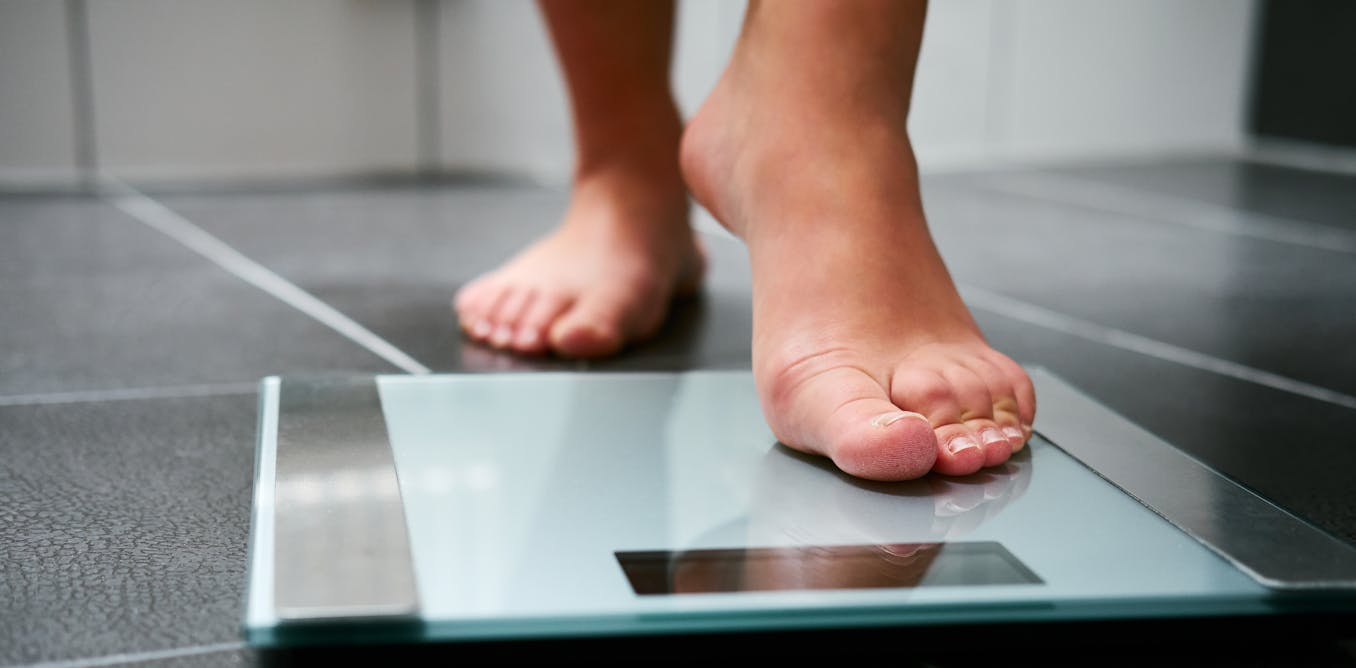- Weight Loss Buzz
- Posts
- Blood glucose monitoring for weight loss
Blood glucose monitoring for weight loss
Should you jump on this trend and which provider should you choose?

Image: Weightloss.buzz
Welcome to Weight Loss Buzz, your dose of weight loss news. Weight Loss Buzz is for health consumers wanting to know more about weight loss products and medication. We bring you the news on the latest weight loss trends, breakthrough medications, buying advice, and tips for losing weight well.
WEIGHT LOSS NEWS
BLOOD GLUCOSE MONITORING FOR WEIGHT LOSS
Should you jump on this trend and which provider should you choose?
Earlier this week we published our guide to blood glucose and blood glucose monitoring.
The guide discusses blood glucose - what it is, how it works and how food and exercise affect it. The guide also discusses the link between your blood sugar levels and weight loss, specifically how easy you find it to lose weight.
A quick summary
Eating high-sugar foods will cause your blood sugar to have high spikes and subsequently low dips. The dips can cause you to feel drawn to foods that similarly spike your blood sugar. Ultimately eating high-sugar or high-carb foods makes you want more high-carb or sugar foods. Once you eat these foods and your blood sugar spikes, it’s hard to properly metabolise food so the energy you get is more likely to get stored as fat.
Blood sugar monitoring, specifically in the form of continuous blood glucose monitors (CGMs) can help you to monitor your blood glucose throughout the day and before and after you’ve eaten. You can see any spikes and dips. Using the tools that come with a CGM, you can assign your readings to your behaviour - i.e. you can determine that a spike was caused by eating certain food. In this way, you can learn more about the effects the food you eat has on your metabolic health and your ability to lose weight (if weight loss is your goal).
Origins
CGMs started out as solutions for people with diabetes, indeed the ability to monitor blood glucose is super important to diabetics and can help them not only monitor but control their condition. A couple of years ago there were just a handful of such services on the market that were aimed at non-diabetics but today it seems there’s been an explosion of blood glucose monitoring solutions, or more holistic wellness solutions that have CGMs at their heart.
Explosion of CGMs for health
With so many on the market, it's clear they are popular - both in terms of the investors who fund these new innovative companies and in terms of the people who buy them. But should you buy one, and will it help you with weight loss?
We take a look at several of these new products to understand their unique selling points to help you make an informed decision about whether you should try one.
Can CGMs help you lose weight?
First, let's ascertain that blood glucose monitoring alone does not help you lose weight. It simply provides data. Then you need help interpreting the data to understand what it means for you. Then and only then, you can make changes to how or what you eat, which, if you put the work in will aid weight loss.
Some suggest that using their services will help you to lose weight, indeed knowledge is power. Signos is conducting its own study and says:
“the research we currently have at our disposal offers good reason to be optimistic. Undergirding the approach is the idea that controlling blood sugar swings can help with weight loss—a theory based on a sound foundation of scientific research.”
CGMs help you with broader health goals
Many companies that have blood sugar monitoring at the heart of their product do not market themselves solely on weight loss; instead, they sell a vision of a healthier you. Indeed blood glucose monitoring is often done in conjunction with other biomonitoring. Some of these services, specifically Zoe also ask you to collect stool samples so they can analyse your microbiome. Indeed the Zoe proposition goes much further than blood glucose monitoring alone.
It’s what you do with the data that counts
We think that the tools these companies build on top of the data are what differentiates them, how powerful are their analytics capabilities and what can they tell you about how to improve your nutrition? If you’re considering one, take a look at the apps themselves, what do they offer? Do they have a large database of foods to look up? How often are you expected to interact their the app? What reports do they offer? Do they look easy to understand and interpret?
How long you wear a CGM for varies
You may also want to look at how long these services need to monitor your blood sugar levels and how useful that really is to you. Some people might imagine that wearing a continuous monitor forever would give them the most benefit. Others may simply want intermittent monitoring that gives them several readings throughout the day but not as often as every 5 minutes.
Some of these services expect you to wear your monitor forever, they want you to be using their apps to learn about your nutrition forever more. Others take a more pragmatic approach and assert that their solution requires a period for training, in which you wear the device continually for let’s say 14 days or a month, then after that the data your device has given them is enough for them to advise you moving forward. In effect, a short amount of actual monitoring is enough to last you a lifetime.
That said, if you ‘train’ the solution with your data, and then use the recommendations to change your nutrition and exercise habits, you'll then want to check that the changes you’ve made have had some effect, so you may then want to verify what you're doing has the impact you want it to.
Consider the support you need
Some solutions also offer individual nutritional advice based on your data. This could be in the form of a report, or even virtual coaching from an expert. You may decide that while data is great, you then need additional help implementing advice and in that case, services that bake in advice and even accountability could be best for you. As well as individual coaches some services have a whole community of other users you can get to know.
CGM apps and services aren't cheap
If you’re reading this and think “this sounds like a great idea, I’d love to give it a go”, be warned, CGMs require significant investment. You’re not just investing your time and data, all of these services cost hundreds of pounds or dollars each month. See below for our summary of pricing.
Data is valuable
Your data is valuable, and not just to you, but to the companies you're sharing it with. With thousands of users, just imagine what they’re learning about people’s health, wellbeing, sleep, exercise and eating habits. As with all commercial health services, make sure you understand how providers use your data and that you’re comfortable with that.
Joining a clinical study
Most of the services we mention below will use your data to give you personalised advice. However, read the small print. The Zoe programme, also wants you to join their clinical study. This means your data is used for the common good, for medical research purposes. You may be entirely happy with that as a proposition, but you do need to be aware that that's what you’ll be doing.
CGMs are regulated medical devices
Because CGMs are regulated medical devices in the US and UK, they are controlled. In the US, they can only be sold with a prescription. In the UK the range of CGMs available to buy is limited.
Not for medical use
It may sound surprising, given that these services want to help you live more healthily that most are not approved for medical purposes. It may be better to think of the devices and services as simply access to information about your body. It's not there to diagnose, and not for you if you are diagnosed as diabetic.
Interpreting the data
If you use a CGM you’ll go through an initial learning period. First, you’ll learn how to use the device and app then you’ll learn about your body and how it responds to food. Some of what you may learn might surprise you, but much of what you could learn may be things you know already. Don’t be surprised to learn that high-sugar foods spike your blood sugar, and that a more protein-rich diet helps you have a smoother blood sugar curve.
What you’ll learn
You may find that all you really learn is that you should eat healthily if you want to maintain optimum blood sugar for weight loss. You may know this already. It goes without saying that these services will give you much more detail than that - you’ll learn the impact of specific foods, in specific amounts, but tracking at this level of detail may be too much for some people and may also encourage behaviour you may consider rather too obsessive; tracking everything you eat isn’t for everyone, nor is checking your levels multiple times a day.
Many of these services will say they aid weight loss. The act of tracking your food, however, you do it - in an app like MyFitness Pal, or in a notebook or journal could give you the same benefit. Any form of tracking leads to more mindful eating and more conscious food choices.
CGM Comparison
Let’s take a look at some of the popular CGM platforms and what they offer. The data is correct at the time of publishing on 18.10.23 and is designed to give you a quick reference guide to which services are available where, their unique selling points, and their costs.
We take a look at:
January - Power the future of your health
Levels - Your health, measured.
Lingo - Your personal metabolic coach for optimal wellbeing
Nutrisense - Take control of your health.
Signos - Meet your metabolism
Veri - Discover Better Metabolic Health
Zoe - The world’s most advanced nutrition tech, on your arm

Let us know
Whatever you decide regarding CGMs, we’d love to hear your experiences so if you love them or loathe them let us know.
NEWS FROM AROUND THE WEB
Here’s our weight loss news and opinions roundup from around the web this week.
WEIGHT LOSS TIPS
We share a WLB weight loss tip each week to help you on your healthy weight loss journey.
Weight Loss Buzz Tip 16: A Guide to Blood Glucose & Blood Glucose Monitoring for Weight Loss
This week we took a deep dive into blood sugar and why it matters for weight loss. It’s a primer for our feature article actually, and gives you all the info you need to understand why blood sugar matters. Read more here.
STUFF WE LOVE
At Weight Loss Buzz we bring you a selection of lush stuff each week to help support your weight loss journey. This week we're loving…
Sensate
Sensate is a sensory device that uses vibrations and sound to lower your stress, in just 10 minutes. And we like less stress because being less stressed can aid your weight loss journey. Sensate is utterly gorgeous! Find out more here.
We hope you’ve enjoyed Weight Loss Buzz this week. If you have, please share this newsletter with your friends. We wish you every success on your healthy weight loss journey.
Until next time,





